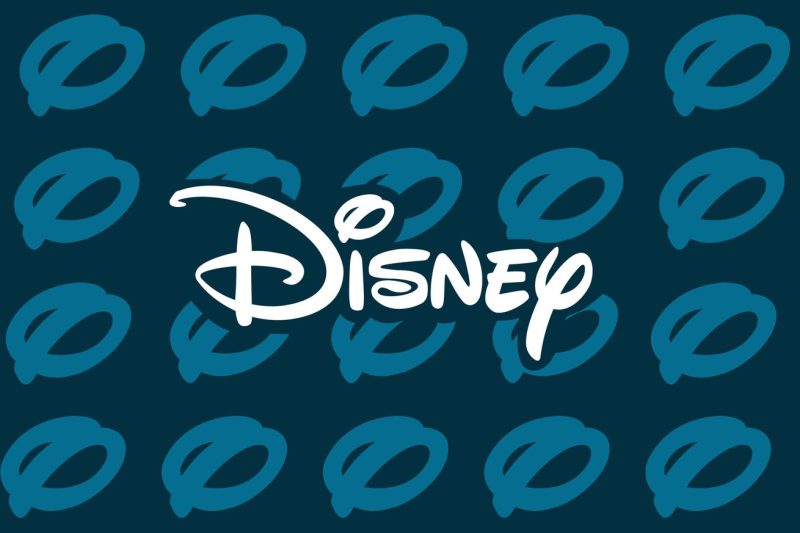
Disney Blackout: DirecTV Subscribers Lose Access to ESPN, ABC, and More Channels
Disney Blocks ESPN, ABC, and Other Channels for Millions of DIRECTV Subscribers
Disney’s decision to block ESPN, ABC, and other channels for millions of DIRECTV subscribers has sparked outrage and confusion among viewers. This move comes as a result of an ongoing dispute between Disney and AT&T, which owns DIRECTV, over the terms of their contract renewal. As a result, subscribers to the popular satellite TV service are left without access to some of the most-watched channels in the United States.
The blackout, which affects over 6 million DIRECTV customers, has left many sports fans in particular frustrated and disappointed. ESPN is a staple for sports enthusiasts, providing coverage of major sporting events such as NFL games, NBA playoffs, and college football. The sudden loss of access to ESPN has left many viewers scrambling to find alternative ways to watch their favorite teams and events.
In addition to ESPN, Disney’s decision to block channels such as ABC has also impacted viewers who rely on the network for news, entertainment, and popular shows. ABC is home to hit programs like Grey’s Anatomy, The Bachelor, and Good Morning America, among others. The blackout has disrupted the viewing routines of millions of subscribers who tune in to these shows regularly.
The dispute between Disney and AT&T revolves around the terms of their contract renewal, with both companies pointing fingers at each other for the blackout. Disney argues that AT&T is unwilling to pay a fair price for its channels, while AT&T claims that Disney is demanding unreasonable fees for access to its content. As negotiations continue behind closed doors, subscribers are left in the dark about when, or if, their access to these channels will be restored.
The blackout of ESPN, ABC, and other channels on DIRECTV serves as a reminder of the power struggles that often take place behind the scenes in the TV industry. These disputes highlight the challenges faced by both media companies and consumers in an increasingly competitive and evolving entertainment landscape. As streaming services and online platforms continue to disrupt traditional TV models, conflicts over content distribution and pricing are likely to become more common.
For now, DIRECTV subscribers affected by the blackout are left with limited options as they wait for Disney and AT&T to reach a resolution. Some viewers may choose to explore alternative TV providers or streaming services to regain access to the channels they have lost. Others may opt to voice their frustration through social media, customer service channels, or other means in the hope of pressuring both companies to come to a swift agreement.
In the meantime, the blackout serves as a stark reminder of the delicate balance between content creators, distributors, and consumers in the ever-changing media landscape. As viewers navigate the complexities of the TV industry, the outcome of this dispute will not only shape the future of Disney and AT&T’s relationship but also influence the way content is delivered and consumed by audiences worldwide.
